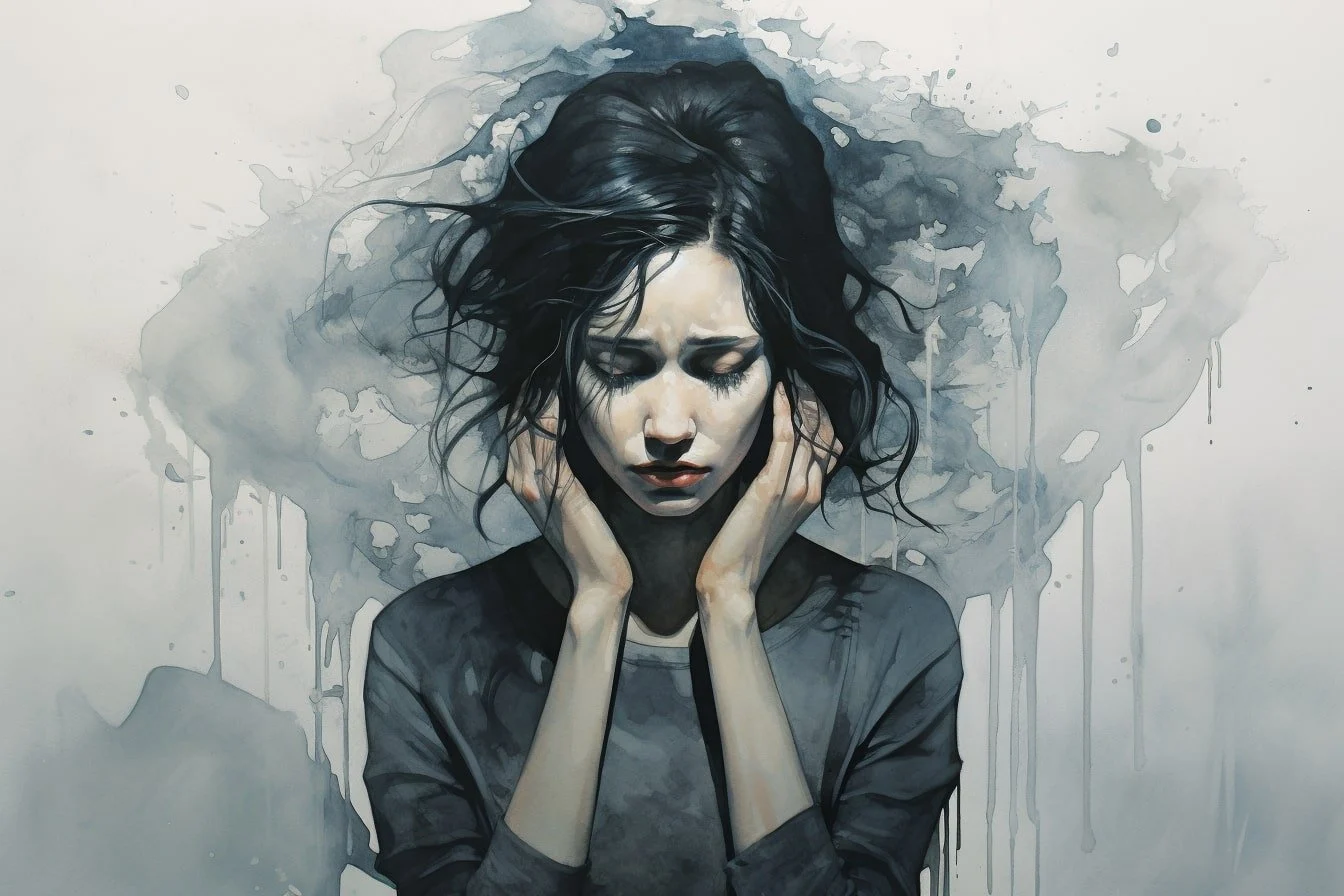Dealing with depression can feel like an overwhelming battle, but knowing there are effective treatments available can offer hope and direction. If you or a loved one are grappling with depression, understanding the range of treatments can help in finding the best path forward. Let’s dive into the topic “What are the best Treatments for Depression,” covering traditional methods, emerging therapies, and lifestyle changes that can make a significant difference.
Traditional Treatments
Medication
Medication is often the first line of treatment for depression. Antidepressants, such as SSRIs (Selective Serotonin Reuptake Inhibitors) and SNRIs (Serotonin-Norepinephrine Reuptake Inhibitors), are commonly prescribed. These medications work by balancing chemicals in the brain that affect mood and emotions.
- SSRIs: Examples include Prozac (fluoxetine), Zoloft (sertraline), and Lexapro (escitalopram).
- SNRIs: Examples include Cymbalta (duloxetine) and Effexor (venlafaxine).
Pros: Medications can be highly effective for many people, especially when combined with other treatments.
Cons: They can come with side effects such as nausea, weight gain, and sexual dysfunction. It may also take several weeks to see improvement.

Psychotherapy
Psychotherapy, or “talk therapy,” is another cornerstone in treating depression. There are several types of therapy that can be effective:
- Cognitive Behavioral Therapy (CBT): Focuses on changing negative thought patterns and behaviors.
- Interpersonal Therapy (IPT): Addresses interpersonal issues and social functioning.
- Dialectical Behavior Therapy (DBT): Combines CBT with mindfulness techniques.
Pros: Therapy can provide long-term coping strategies and has no physical side effects.
Cons: It requires a time commitment and finding the right therapist can be challenging.
Emerging Therapies
Transcranial Magnetic Stimulation (TMS)
TMS is a non-invasive procedure that uses magnetic fields to stimulate nerve cells in the brain. It’s typically considered when other treatments haven’t been effective.
Pros: It’s generally well-tolerated and can be an option for those who don’t respond to medication.
Cons: Treatment requires multiple sessions over several weeks and can be costly.
Ketamine Therapy
Ketamine, an anesthetic, has been found to have rapid antidepressant effects in low doses. It can be administered through an IV in a medical setting or as a nasal spray (esketamine).
Pros: Provides rapid relief of symptoms, often within hours or days.
Cons: Long-term effects are still being studied, and it must be administered under medical supervision due to potential side effects.
Electroconvulsive Therapy (ECT)
ECT involves sending small electric currents through the brain to trigger a brief seizure. It’s typically used for severe depression that hasn’t responded to other treatments.
Pros: Can be highly effective, especially for severe cases.
Cons: It requires anesthesia, can cause short-term memory loss, and has a significant stigma attached to it.
Read more about “What are the best Treatments for Depression?” on our blog page today!
Lifestyle Changes
Exercise
Regular physical activity can be a powerful tool in combating depression. Exercise boosts endorphins, reduces inflammation, and promotes neural growth.
Pros: It’s natural, cost-effective, and comes with numerous physical health benefits.
Cons: Motivation can be a barrier for those with depression.
Diet
Nutrition plays a crucial role in mental health. Diets rich in omega-3 fatty acids, whole grains, fruits, and vegetables can support brain health.
Pros: Making dietary changes can enhance overall well-being and support other treatments.
Cons: Dietary changes alone may not be sufficient for severe depression.
Sleep Hygiene
Poor sleep can exacerbate depression symptoms. Establishing a regular sleep routine and creating a restful environment can help improve mood.
Pros: Good sleep habits can improve energy levels and overall mental health.
Cons: Sleep problems can be hard to overcome, especially for those with depression.
Holistic Approaches
Mindfulness and Meditation
Mindfulness practices, including meditation, can help individuals stay grounded and manage stress.
Pros: These practices can be done anywhere and complement other treatments.
Cons: It can take time to learn and see benefits.
Acupuncture
Acupuncture, a traditional Chinese medicine practice, involves inserting thin needles into specific points on the body. Some studies suggest it can help reduce depression symptoms.
Pros: It’s a natural treatment with minimal side effects.
Cons: The evidence is mixed, and it might not be covered by insurance.
Herbal Supplements
Certain herbs, like St. John’s Wort and SAM-e, are thought to help alleviate depression symptoms.
Pros: They can be a more natural alternative to prescription medications.
Cons: Supplements can interact with medications and may not be regulated, making it important to consult a healthcare provider.
Support Systems

Support Groups
Connecting with others who understand what you’re going through can be incredibly beneficial. Support groups provide a safe space to share experiences and offer mutual support.
Pros: They can provide emotional support and reduce feelings of isolation.
Cons: Finding a group that feels right can take time.
If you’re looking for a reliable Arlington Depression Treatment Center Elysian Psychological Services is only a phone call away. Call us now!
Family and Friends
Having a strong support system of family and friends is crucial. They can provide emotional support, encouragement, and help with seeking treatment.
Pros: Loved ones can offer practical support and encouragement.
Cons: Not everyone has access to a supportive network, and some may feel stigmatized.
Combining Treatments
Often, the best approach to treating depression is a combination of several methods. For example, medication can be paired with psychotherapy, or lifestyle changes can support other treatments. It’s important to work with healthcare providers to develop a comprehensive treatment plan tailored to individual needs.
Conclusion
Depression is a complex condition with no one-size-fits-all solution. The best treatment for you will depend on various factors, including the severity of your symptoms, your personal preferences, and how your body responds to different treatments. Whether you lean towards traditional methods like medication and psychotherapy, explore emerging therapies, or make lifestyle changes, there is hope and help available.
Remember, seeking help is a sign of strength, not weakness. If you’re struggling with depression, reach out to a healthcare provider to discuss your options and find a path to recovery. With the right treatment and support, it is possible to manage depression and live a fulfilling life.
Are you wondering what the best treatments for depression are? At Elysian Psychological Services, we offer comprehensive and personalized care to help you overcome depression. Our expert therapists and innovative treatments are designed to support your journey to better mental health. Don’t wait any longer to start feeling better. Contact us today to schedule your consultation and take the first step towards a brighter future.


